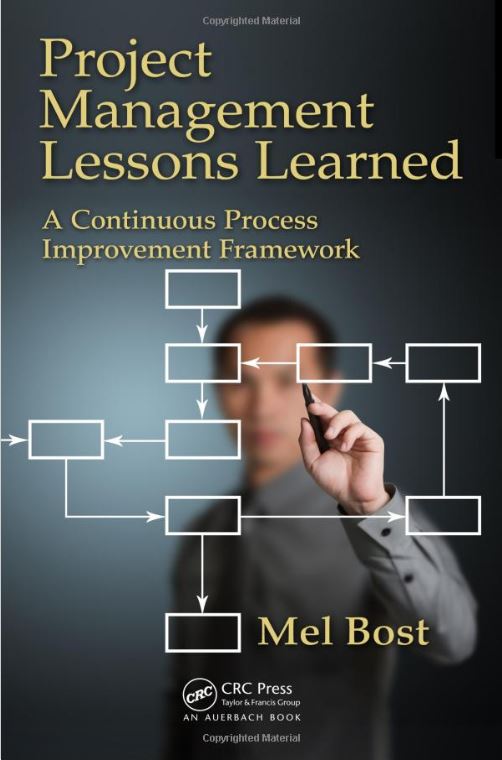As project managers, we have all participated in Project Reviews and Project Closeout Sessions that looked and felt more like “inquisitions” than positive, healthy, and constructive reviews. “What went wrong? Who is to blame? Who was responsible for these outcomes and results? These actual results were not expected and we are going to get to the bottom of the story.”
There is a certain “mood” created by reviews such as these that perpetuates similar behavior in subsequent reviews. They take on a “habitual characteristic.” How does this happen and how might we as project management practitioners change these practices to improve our project management processes in a positive, sustainable and constructive way?
Each of us has often found ourselves “whistling” or “humming” a tune which has stuck in our heads. You could be walking through a department or grocery store with some background music softly playing and suddenly you are humming or whistling it too. Or you could see a musical performance that really struck a “resonance” in your heart or mind.
We often say that this music sets the “mood” or “tone” for our behavior and actions. For example, I can recall as a young child hearing my mother softly singing…
O what a beautiful morning,
O what a beautiful day.
O what a beautiful feeling,
Everything’s going my way.
I didn’t think much about it at the time but, as I grew older, I began to recognize that what she was singing actually represented her philosophy or attitude and approach to life. The more she carried this tune with her throughout the day and week, the more her behavior and actions and those of people around her mirrored that tone.
I would say that there is something “infectious” about the mood music you have in your head, So much so that I want to challenge each of you to find that “mood” music that improves your performance and that of your projects in every area.
Once you do that, you will realize that you personally can change the mood and tone of your Project Reviews and Closeouts to reflect your own philosophy of what a successful project should look and feel like.
For project managers who are familiar with the older ways of conducing project reviews, there exists an opportunity to change completely the “mood music” of these reviews. YOU CAN BREAK THE HABIT. Focusing on project lessons learned in a positive manner would establish a “mood” or “tone” for all project managers in an organization or group which they could “whistle” or “hum” as they go about their daily project manager tasks.
Is this thinking too radical for the project community to embrace and use as a new standard for conducting “actionable” project reviews? I really think not. We have all been impacted by “mood music” in all facets of our lives and this is just another application of that concept.
You as an active project manager in your organization can help ingrain this thinking and approach in your project practices. You can forge a new philosophy and approach to your project management career going forward by embracing these ideas.
In a recent June 2014 issue of Scientific American is an article “The Neuroscience of Habits.” One of the major findings recently is that short terms decisions and judgments are often directed by “habit” than by rational and reasoned study of all the issues. “Mood music” works the same as habits. So if we can get project managers to embrace project lessons learned as the most up to date “mood music” they will begin to use it in their habitual thinking going forward.
Before his death, noted leadership development teacher Louis Tice of The Pacific Institute often stated that “People act in accordance with the truth as they perceive it to be.” What if that TRUTH were guided by mood music which valued lessons learned as a contributor to advancement of process and procedures? When I was a project coordinator with ConocoPhillips, we initiated some Project Lessons Learned Reviews to give our project managers some experience at identifying, capturing and sharing lessons learned from projects. We established a Microsoft Sharepoint database for storing these lessons learned for future reference. In doing so, I would like to think that we started the “mood music” for project managers to follow going forward which focused less on who was to blame for project shortfalls and more on the improvement of the project process going forward for the entire organization.
So, what is the bottom line here? If you ensure that your project environment is providing the right background and mood music to your project managers, you can cement the habitual reactions that will lead to identifying, capturing and sharing project lessons learned for continuous improvement to your business.
So, come on Maestro…..a little mood music if you please!!!

Leave a Reply